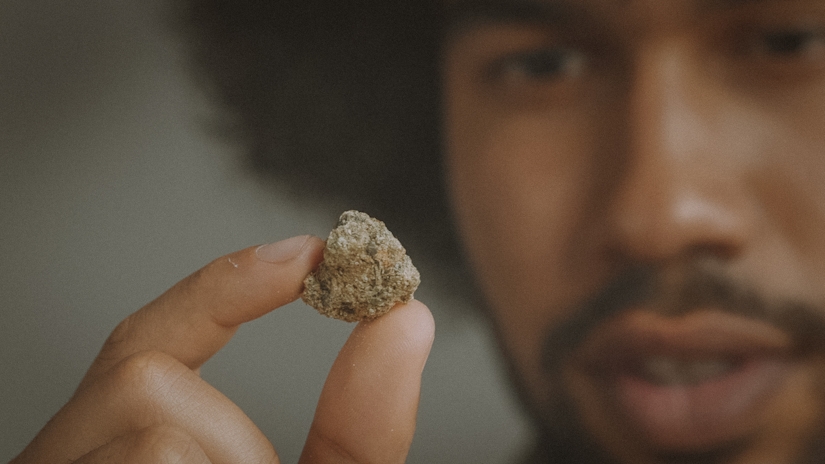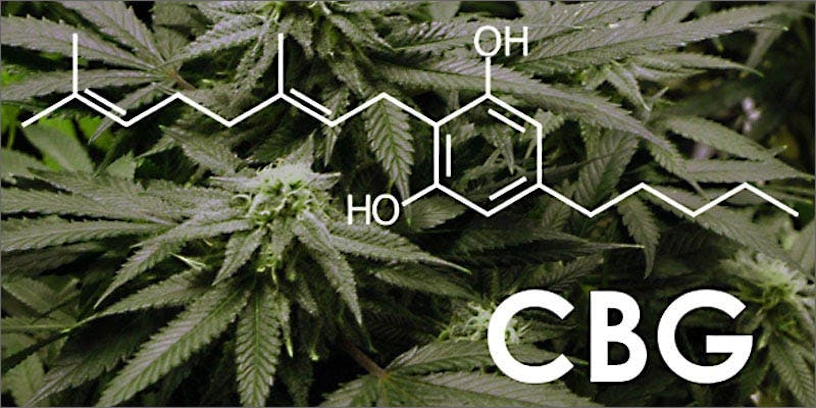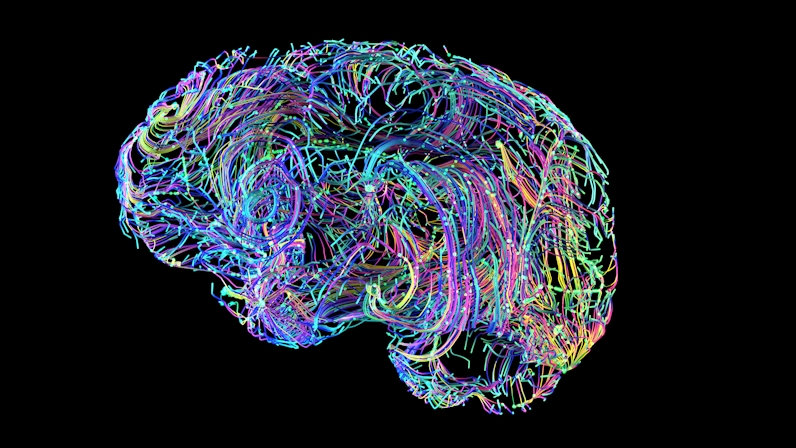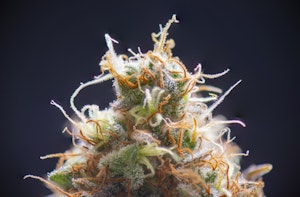
Photo by contactstudios.com for Herb
Can CBG Promote Brain Cell Growth?
Can this cannabinoid make you smarter? Created with Botany Farms.
If you are surprised that there is a new three-letter combination every day you should know about, well, that’s because there are 111 cannabinoids to study and find benefits from.
Still, we want to introduce you to CBG, a cannabinoid found during the flowering phase of the hemp plant.
It is obtained from young cannabis plants because they contain higher amounts of CBG than fully grown plants.
It has now been found to have quite promising therapeutic properties. Still, it is difficult to find reliable CBG-rich products because this cannabinoid is found in only very few strains.
CBG products are usually scarce, but it has become quite popular because of the potential benefits this cannabinoid offers.
Botany Farms is one of the few brands that develop true and reliable CBG-rich products. So if you want to explore these properties of its cannabinoid, get yourself some CBG buds from their shop.
What Is CBG

CBG, or cannabigerol, is a type of cannabinoid obtained from cannabis. It can be considered the source of all cannabinoids because, from CBGA (an acid form of CBG), many other cannabinoids arise.
CBG is processed by the body’s endocannabinoid system. The endocannabinoid system is made up of molecules and receptors in our body that are responsible for keeping our body in an optimal state regardless of what happens in our external environment.
In theory, CBG acts in our organism by imitating endocannabinoids, the natural compounds produced by our body, and consequently, its benefits.
In fully grown plants with high concentrations of THC and CBD, you will find very low concentrations of CBG. This is because most CBG has already been converted to CBD and THC as the plant developed.
How Does CBG Interact With Our Brain

Photo by Kaya Blaze Kelley for Herb
CBG works by interacting with the endocannabinoid system. Specifically, the human body contains two cannabinoid receptors: CB1 and CB2.
CB1 receptors are found in the nervous system and brain, while CB2 receptors are located in the body’s immune system and other areas.
CBG acts by binding to both receptors, where it is believed to enhance the function of anandamide. This neurotransmitter plays a role in increasing pleasure and motivation, regulating appetite and sleep, and relieving pain.
Due to the synergy generated with our receptors, CBG actively participates in different human body processes, both physiologically, psychologically, or even at the brain level. However, it is not a psychoactive substance, so it does not generate a high.
Thanks to recent studies, it has been possible to conclude a correlation between the use of CBG and the growth of new brain cells; even in elderly patients, it has also been a positive factor in the stimulation of bone growth, as an adjuvant in pain relief and to reduce inflammation.
Some scientific studies have even been able to demonstrate that CBG has antitumor and antibacterial properties, helps with glaucoma, mediates bladder dysfunction, and helps control skin conditions such as psoriasis. Like CBD, CBG also shows benefits for stress, anxiety, and depression.
One of the biggest current attractions of the cannabinoid CBG is its impressive ability to act as a potent neuroprotectant.
CBG And Neurogenesis

Photo by Design Cells / Adobe Stock Photo
CBG interacts with the CB1 and CB2 cannabinoid receptors in the brain, promoting and enhancing its therapeutic effect. Its most significant appeal is its potential virtues as a neuroprotective agent.
This may be facilitated due to CBG’s anti-inflammatory powers, as inflammation in the brain may play a role in neurodegeneration.
In some studies, CBG has acted as a reducer of inflammation and played an important role as an active neuroprotectant against brain degeneration.
Some of the most groundbreaking studies regarding the benefits of CBG are those in which CBG has been shown to promote neurogenesis.
The term neurogenesis is composed of the words “neuro,” which means “relating to nerves,” and “genesis,” which means the formation of something.
Thus, CBG has been shown to promote the growth of new brain cells.
Some other studies have shown that CBG, alone or in combination with other phytocannabinoids or therapies, is an effective and potent adjuvant for treating neurodegenerative diseases, providing relief from motor symptoms and neuroinflammation and neurodegeneration.
While the list of potential benefits of this cannabinoid is quite enticing, research on CBG is just in its early stages, and there is still no conclusive evidence on the use of this compound.
Most of the benefits and effects of CBG in humans are currently anecdotal and consumption-based.
Herb Recommended Products:
READ MORE










